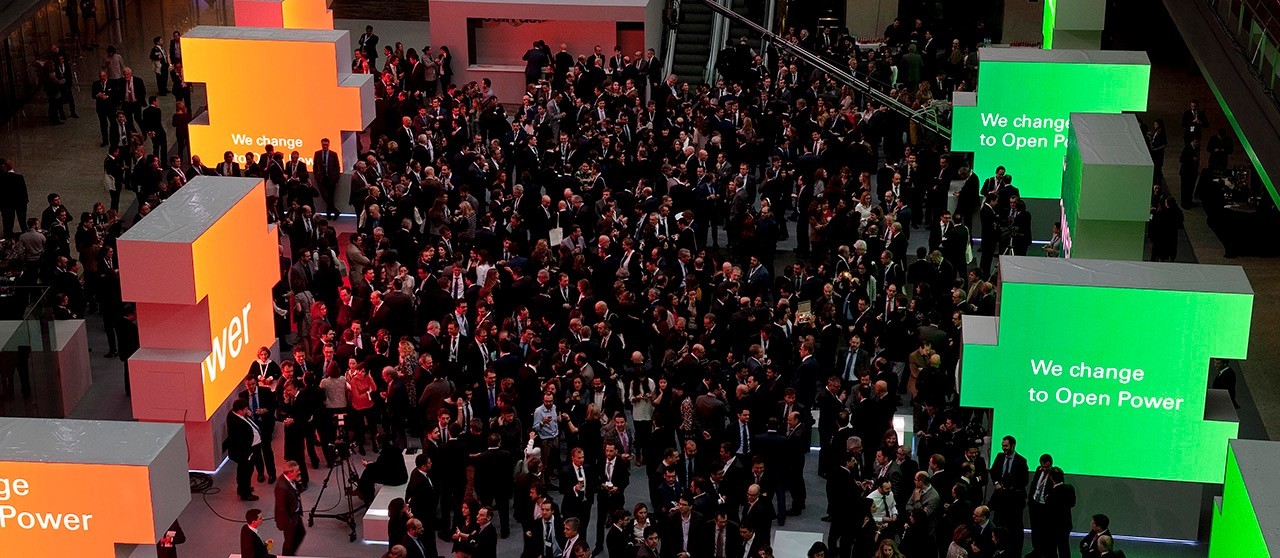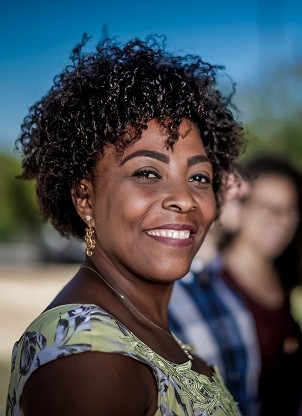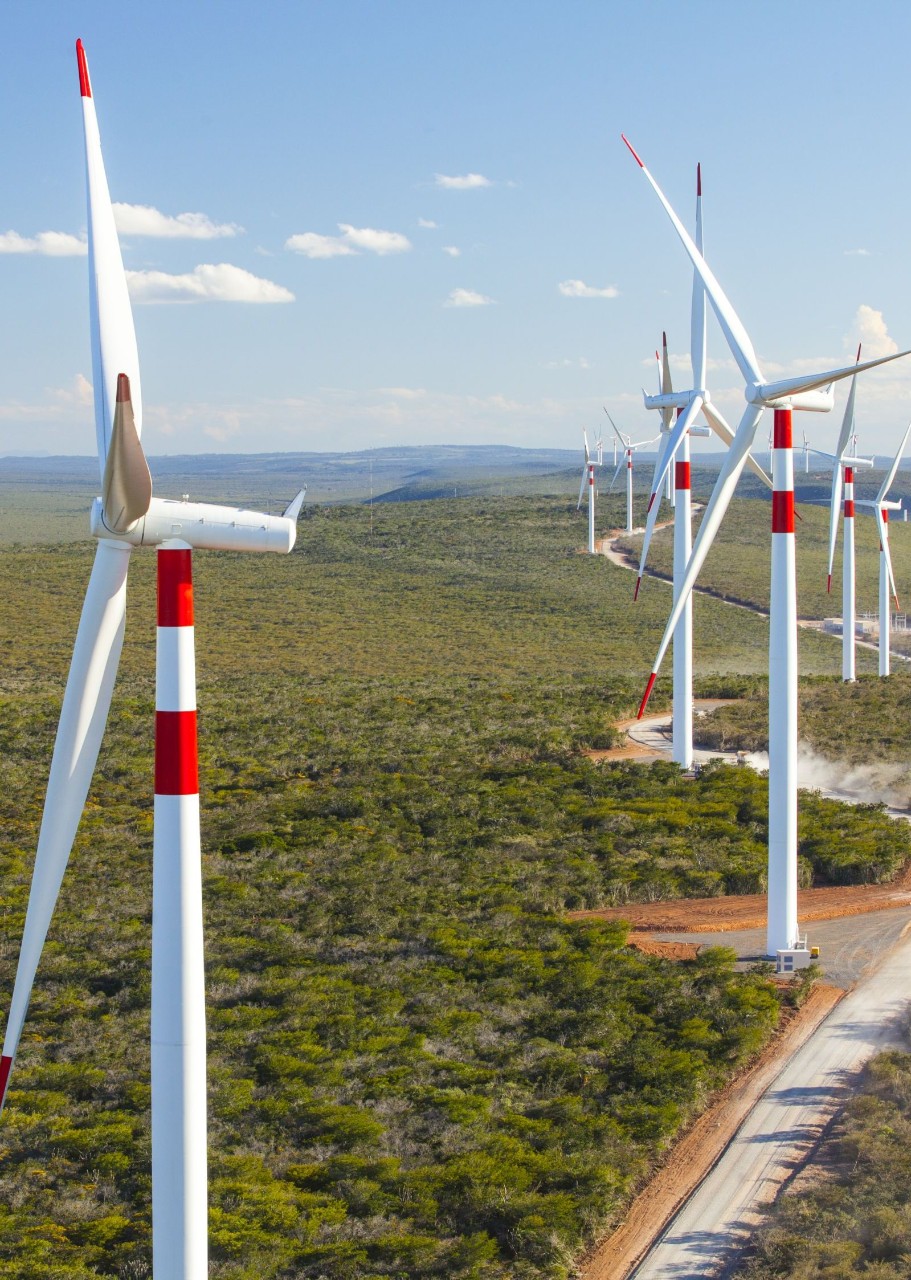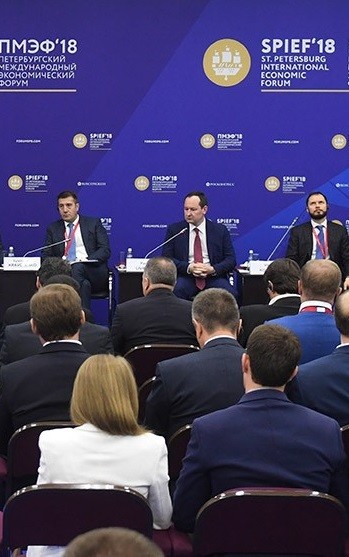“Giving a voice and a value to different points of view within the Company enables Enel to analyse and manage risk over the long term and create value.”
We feel that this is absolutely vital in creating an inclusive working environment and, more importantly still, because enhancing people’s potential gives the entire Group a competitive advantage: this is how innovation is sparked, particularly in our Open Innovability model.
Innovation and sustainability through dialogue
According to Taccone, dialogue and regular feedback from co-workers is the key to innovation. The working environment survey, a vital tool available to the company to periodically evaluate overall employee satisfaction levels, is flanked by open daily communication at a personal level. Otherwise the result is simply silence or words that turn into walls.
“Enel considers internal communication an important support to the creation of the company culture and to the growth of people and of the organisation, by encouraging and promoting the exchange of information, know-how and experience.”
Two fundamental factors during the dialogue and comparison stages are reciprocal listening and respect, guided by an Open approach focused on achieving the best result for the company.
Across-the-board digitalisation of the Enel Group
Romina Taccone works at the Larderello geothermal plant, the world’s first such power station, which is now part of a network of 34 geothermal plants spread over three provinces in the Tuscany region.
This is a unique working environment both technologically and geographically, as well as a benchmark model for the Group as a whole. Digitalisation, an enabling factor together with the customer centrality in our Strategic Plan (which integrates both the Industrial and the Sustainability Plan), has been part of life there for quite some time: geothermal stations are entirely controlled using remote monitoring systems even in extreme environments such as geothermal wells.
In Larderello, it was thus only natural to extend digitalisation to staff management and communication. Giving technicians in the field smartphones, for example, made their work more dynamic and flexible across the board, from documentation to managing the clocking in/out records. “Everything is smarter now,” concludes Taccone.
The highly specific nature of the geothermal stations is, of course, reflected in the way the work there is organised. Flexitime was introduced and smart working (allowing employees to do their work outside the main workplace one day a week) will be launched shortly for staff involved in management and support rather than for on-site work, which requires teamwork and a physical presence.
SDGs to support gender equality
Larderello is a fine example of sustainable technology and innovation that also mirrors the Group’s approach. The latter is outlined in the Sustainability Report and aims to contribute in an ongoing way to the achievement of the 17 Sustainable Development Goals (SDGs) set out by the UN. Particular focus is being placed on the achievement of the four goals to which Enel has publically committed: SDG 4 Quality education; SDG 7 Affordable and clean energy; SDG 8 Decent work and economic growth; SDG 13 Climate action.
By taking steps to involve our staff and enhance their potential, we are working towards no fewer than five of the 17 goals. SDG 8 (Decent work and economic growth) in particular is the touchstone for initiatives focusing on inclusiveness and valuing people such as the “Young Mobility Program,” which is aimed at employees under the age of 35.
Other tools that will help us understand how our employees live day-to-day in the company include the working environment survey and the “People Digital Transformation” work group. This aims to document the experiences and needs employees have encountered throughout their ‘journey’ with the company, from their hiring to the various stages in their careers, as well as relations with co-workers.
Last but not least, in order to encourage professional growth in a broader, constantly evolving context, we have also launched the Human Lab project, as a part of which we will be selecting innovative ideas from outside the Group and introducing them into Enel. We’ll first test them on a small group of people and, if results are positive, we’ll then extend them to the entire company.
Safety, equality and training
The preventative measures implemented by the company to guarantee staff safety during business trips (including information on the countries they are going to) are part of SDG 3 (Good health and well-being), while an example of how we are contributing to SDG 4 (Quality education) and SDG 17 (Partnerships for the goals) is our study grant project for employees wishing to further their education.
Promoting the work done by women is central to SDG 5 (Gender equality), while we are working for young people through the European Pact for Youth programme. This was launched by the European Commission and CSR Europe (the European business network for Corporate Social Responsibility), and Enel signed up in 2015. It was created to promote youth employment and includes partnership programmes between the worlds of education and work.
Mention should also be made of our appointment in 2016 of a “Diversity Manager” to address, supervise and foster diversity by promoting inclusion within the Group.
All these goals are outlined in our Sustainability Plan 2018-2020, which reiterates and relaunches for the future our commitment to sustainability through an Open model. This is because we want to see more and more windows and fewer and fewer walls.





